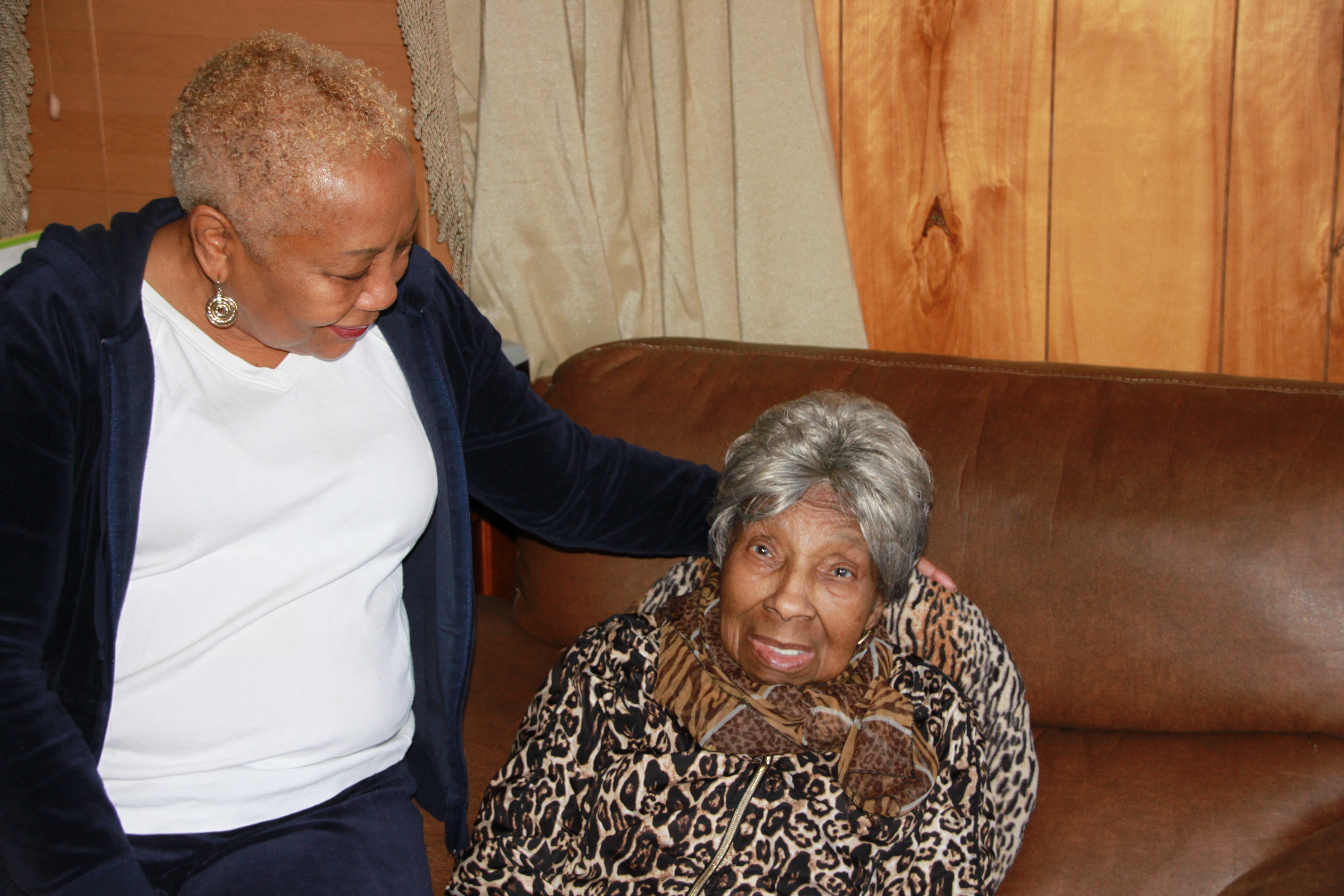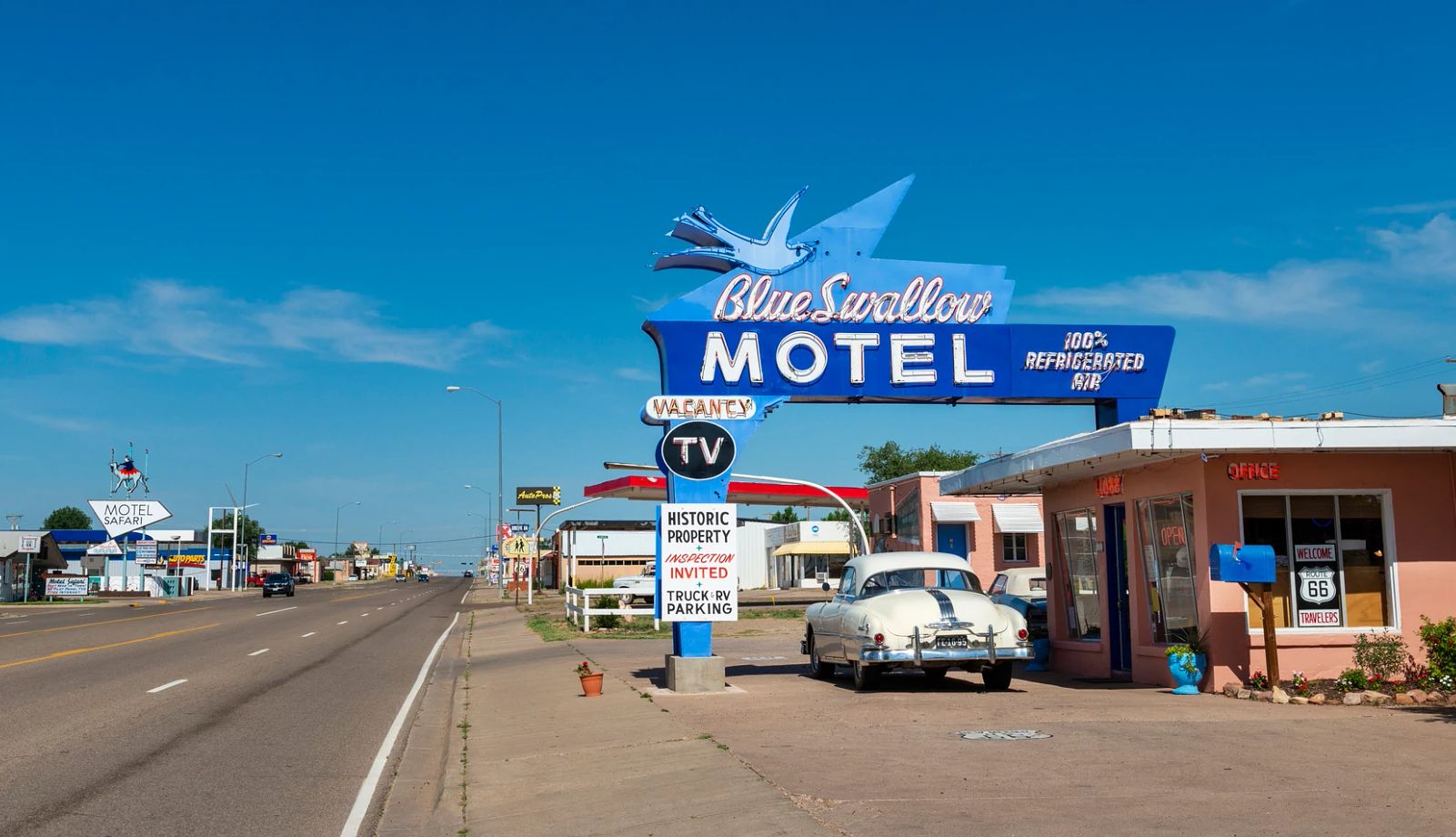AARP Eye Center

Shirley Bell, 66, is fiercely independent and is used to doing things for herself. But six years ago, when she became the primary caregiver for her mother, she realized that sometimes everyone needs a little help.
Bell’s mother, Lillie Williams, became too sick to care for herself in her independent living facility in Boston. So the newly-retired Bell relocated her mom to Little Rock.
“The last three months she’s been getting more and more confused,” said Bell. “She doesn’t sleep at night and sometimes wanders.” Williams is 87 years old and has Alzheimer’s disease.
“The idea is to keep your loved ones at home and take care of them as long as you possibly can,” said Bell. “ ElderChoices is a really good program and I wouldn’t have been able to keep her home as long as I have if I didn’t have that.”
ElderChoices is an Arkansas Medicaid home and community-based waiver program designed for the elderly population. Each week, an ElderChoices companion comes to Bell’s home to assist with bathing, dressing and feeding her mother. The program also allows Bell a short respite. “Whatever I have to do, I have to run out and do it when Charlotte [the ElderChoices companion] is here," Bell said.
Caring for an aging or sick family member is a 24/7 job that Bell and nearly half a million other Arkansans perform every day. And while these family caregivers wouldn’t have it any other way, they could use some support and help. Arkansas ranks 40th among the 50 states and the District of Columbia when it comes to assisting older adults and their families with long-term services and supports, according to Raising Expectations 2014: A State Scorecard on Long-Term Services and Supports for Older Adults, People with Physical Disabilities, and Family Caregivers.
“Our system is upside down,” said AARP Arkansas State Director Herb Sanderson. “Instead of providing care in a home (where consumers want it) Arkansas provides the majority of care in nursing homes -- the most expensive, most restrictive setting.”
Arkansas spends 65 percent of its long-term care budget for older Arkansans on costly institutional care and just 35 percent on home and community-based care. AARP Arkansas wants to see those figures more balanced. “We want lawmakers and policy makers to change this so the expenditures reflect what people want and need,” Sanderson said.
A 2014 statewide telephone survey of 1,200 likely voters age 50 and over, conducted by the bipartisan polling team of Hart Research Associates and North Star Opinion Research, found that in Arkansas:
- 90 percent of voters prefer to receive care at a setting other than a nursing home, with 73 percent preferring at home with caregiver assistance and 17 percent at an assisted living facility. Of the remainder, 7 percent said they were unsure and 3 percent chose a nursing home.
- 74 percent of all voters, and 78 percent of voters from caregiver households, believe elected officials should make availability at-home care a “very important” or “extremely important” priority.
- 91 percent support and 81 percent “strongly support” the federal government giving states like Arkansas more flexibility with long-term funding so that seniors can receive services in their homes if that is their preference.
Sanderson says addressing the needs of family caregivers and advocating more support for home and community-based services is a major initiative for AARP Arkansas this year and a priority for the 2017 regular legislative session.

















)













































